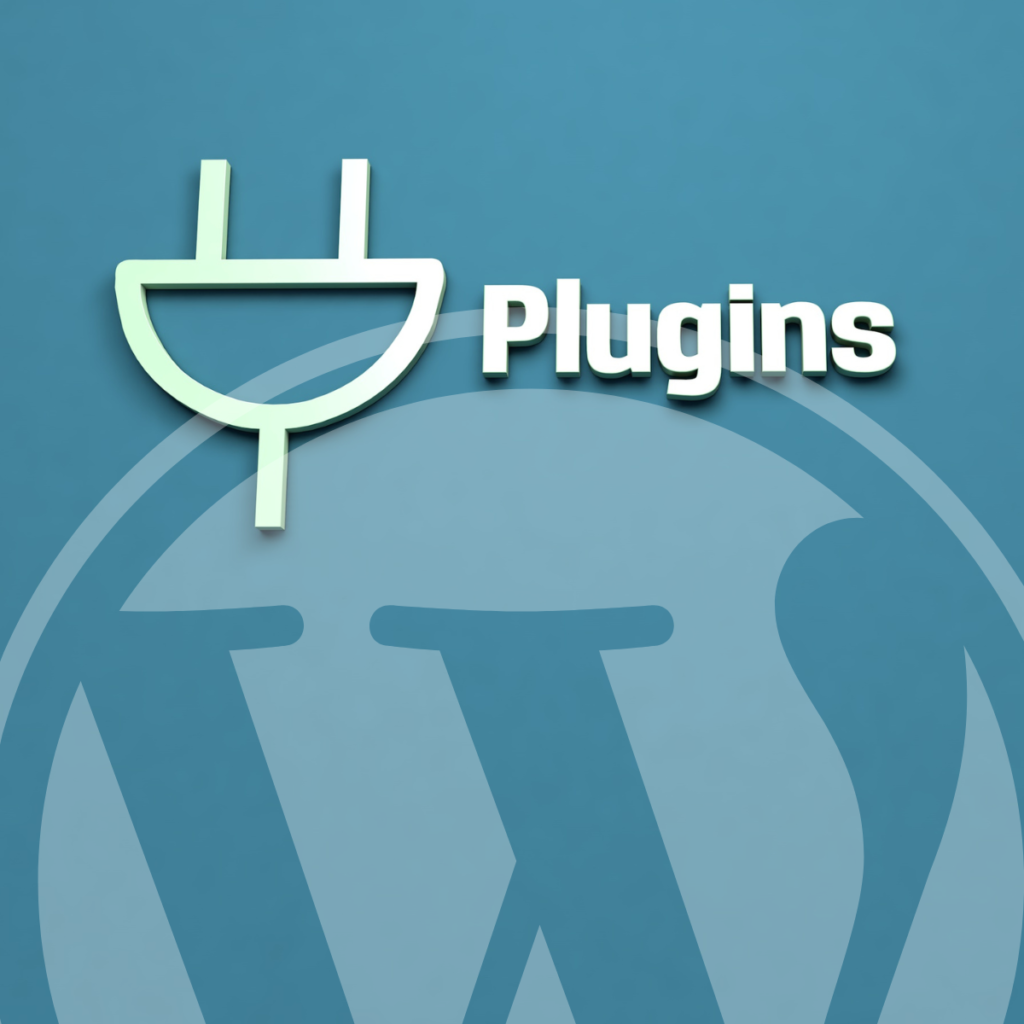WordPress plugins are a known cause for slow Google Pagespeed and less than satisfactory user experience but plugins don’t need to be a limiting factor.
However, does the quantity and quality of your plugin slow down your site?
We wanted to address some of these questions in the following points for further insight and transparency on the topic:
Plugins slow down your site because they are made up of code and data. The more code your plugins have, the slower your site will be. Therefore, the key then is to either have less WordPress plugins or to ensure that the ones you do have are not too heavy with code as the number of plugins is less important than the quality of them.
There are ways to improve page speed and to evaluate whether a particular plugin is right for your site:
Loading Scripts, Styles, or Other Assets On WordPress:
There are two ways to speed this process up. The first is to stop plugins from loading certain things altogether. Another approach involves loading the assets either sequentially or even after everything else has loaded on the page
Adding Extra Database Queries to Each Page:
Database queries have a large impact on performance, and plugins can slow down your site. In order to reduce this, you can reduce the frequency in which a plugin queries the database, or remove specific database requests altogether and save the processing power in addition to speeding up your site.
Performing Complex Operations on WordPress:
Plugins that query large amounts of data and code to perform an action with the data will impact performance. Plugins that perform overly complex operations with high data content should do them off a server and not in your WordPress hosting environment.
Performing Remote Requests, Like to External APIs:
This can include requests to external APIs from 3rd party services. Anything where your site needs to make an external request in order to operate can impact the performance. The more times you have to request data from an external API, the more times you have to wait for a response from that API. it’s important to evaluate the importance of that plugin’s functionality and weigh it against the speed of your site. If you can find an alternate plugin that makes fewer database calls, you may consider using that one instead.
Building Plugins to Reduce Impact on Page Speed:
A good developer will advise on plugin development and know what your site will require and will even be However, finding the right plugin or selection of such will assist in your site being faster and more efficient. Growing your business with hundreds of WooCommerce extensions across all your logistical, technical, and marketing needs will transform your site into a highly functional website.
Lastly, consistently updating your plugins is another key to any successful and secure WordPress site. To help you manage your plugins with confidence, WP Engine created the Smart Plugin Manager. Designed to acknowledge and make use of these to update, correct and manager your plugin for optimum usage.





